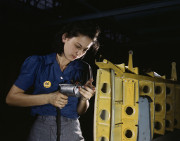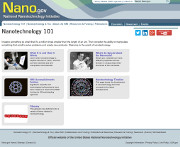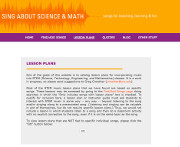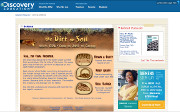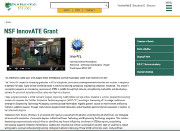
InnovATE
www.palmbeachstate.edu/nsf-innovate
The "InnovATE" project is increasing graduates in STEM disciplines, particularly underrepresented minorities and women, in response to demand for local, highly-skilled workforce needs in the power, aerospace, and manufacturing industries. Synergistic programs are increasing awareness of STEM in middle through high schools, strengthening math skills, and developing a pathway for pursuit of associate and baccalaureate high-tech degrees. These programs include: a STEM outreach program impacting 1680 middle and secondary students; a summer program for incoming students to complete the Production Technician Certification earning 15 college credit-hours; a contextualized Intermediate Algebra gateway course to improve math skills proficiency; intensive academic support through math/science Supplemental Instruction; and articulation agreements to baccalaureate degrees.
Intellectual merit drivers of InnovATE are aligned with rigorous assessments to advance understanding of which tools and strategies aid successful completion of associate degrees in Electrical Power and Engineering Technologies. This includes developing assessment tools and activities for identifying key factors influencing enrollment in STEM programs, establishing instructional supports needed in Mathematics, studying the influence of mentors and industry partners have on students to induce willingness to succeed, and evaluating learning strategies to advance discovery of how STEM technicians learn, study, and train. InnovATE will address the need to diversify the STEM workforce by targeting Title I schools as the primary pipeline for students from underrepresented groups enrolling in the college to advance desired economic and societal outcomes. In addition, InnovATE's broader impacts will provide a transferable model to increase students pursuing degrees to join a highly-qualified STEM workforce.

